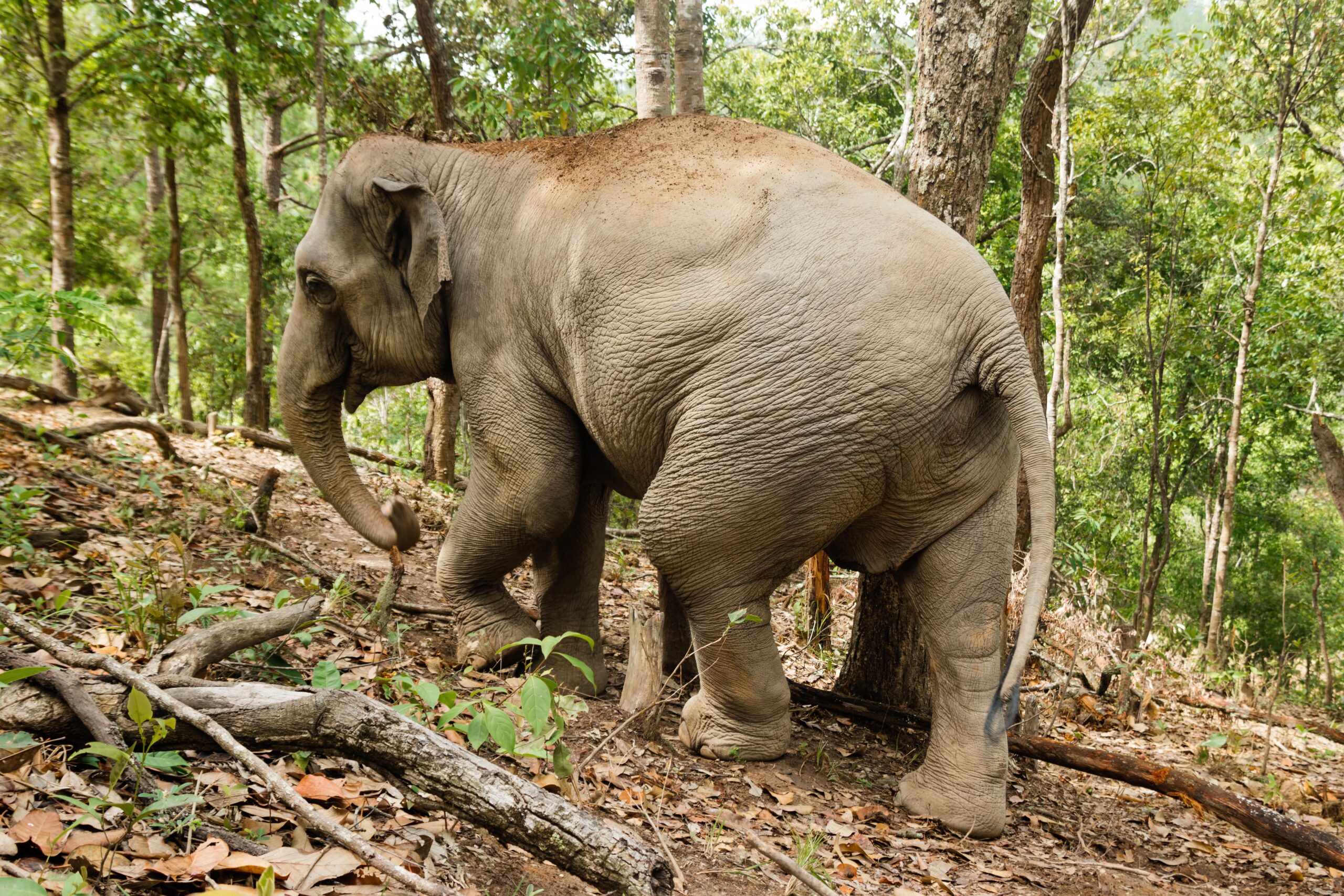Forest elephants, native to Central and West Africa’s dense rainforests, are elusive and difficult to monitor using traditional methods like dung counts or footprint tracking. In Ghana’s Kakum National Park, researchers used noninvasive genetic sampling of dung combined with multilocus genotyping to estimate population size, sex ratio, age structure, and genetic diversity with unprecedented accuracy.
The study revealed a healthy level of genetic diversity and a well-balanced age structure, both indicators of a stable population. The genetic population estimate closely matched traditional survey results, validating the new technique. Importantly, this method allows conservationists to track individual elephants and understand their population dynamics without disturbing the animals.
As habitat fragmentation from human activities threatens elephant populations, these advanced genetic tools provide essential data for targeted, science-based conservation. The findings highlight the role of genetic monitoring in preserving biodiversity and maintaining forest ecosystem health.

